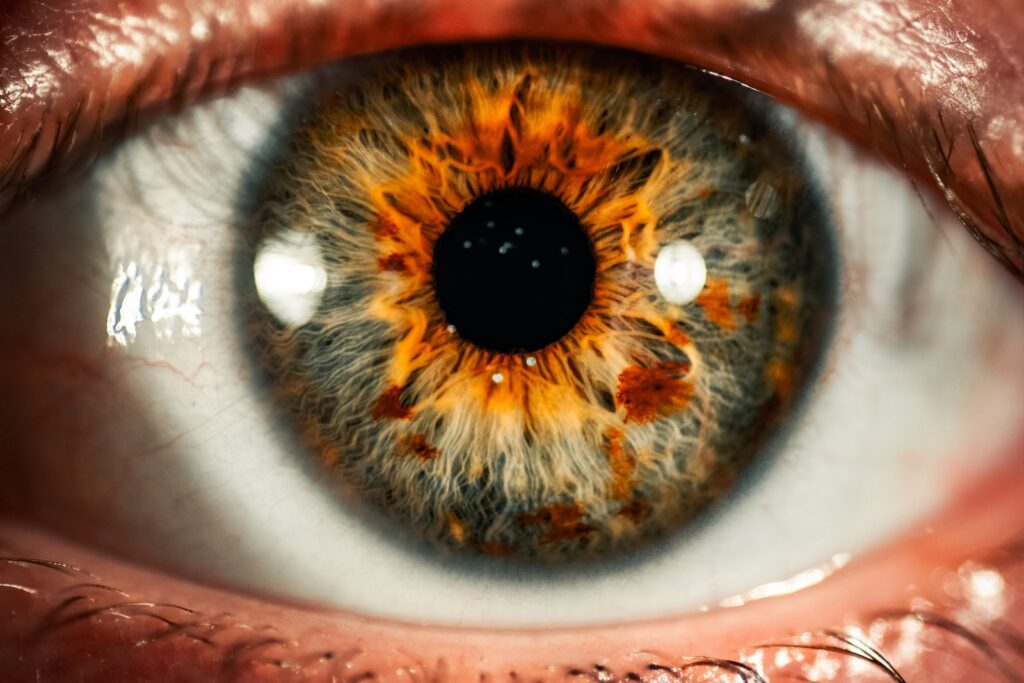The right time for cataract surgery will differ for each patient. Early cataracts do not usually cause significant vision changes, but mature, dense cataracts will cause vision loss and interfere with daily life. Some patients wish to avoid vision loss and have early surgery, while other patients will wait until their quality of life is affected. Cataracts are a part of the natural aging process, but receiving a cataract diagnosis does not mean you need to have surgery immediately.
The only way to address cataracts is with cataract surgery. The procedure removes the clouded lens and replaces it with an intraocular lens (IOL) implant that corrects for distance vision or a lifestyle implant that improves near, intermediate, and distance vision.
Some patients may feel worried about cataract surgery because they are apprehensive or afraid of invasive eye surgery. Cataract surgery is a highly successful procedure and cataract removal improves quality of life.
The right time to have cataract surgery is ultimately and always your decision. You may need the procedure if you experience these issues:
- The cataract impacts your ability to perform your job or complete everyday activities due to yellowish, blurry, dim, or double vision. The lack of contrast makes working, driving, reading, cooking, sewing and other tasks challenging.
- The cataract stops you from enjoying outdoor activities such as skiing, surfing, and golfing because of glares. A lot of golfers struggle because one eye sees differently than the other, and it affects their aim and swing.
- The cataract affects your driving abilities at night, causing halos and difficulty seeing in low-lit settings. Advanced cataracts may cause you to fail the visual field test required to carry a driver’s license.
- Lifestyle changes do not improve your quality of life because the cataract is too dense. That includes brighter lighting in your home, polarised sunglasses, and other tricks and products to improve vision by reducing glare and enhancing contrast.
If cataracts are not disrupting your daily life, you can certainly wait to have surgery until symptoms are bothersome or affect your vision. Some patients may wish to avoid these problems and have cataract surgery long before the clouded lens matures. Early cataract surgery reduces the length of the procedure and offers a faster, easier recovery process. Patients enjoy better vision without struggling with the visual impairment of dense, mature cataracts.
To find out how we can help, book in for your consultation.





0 Comments